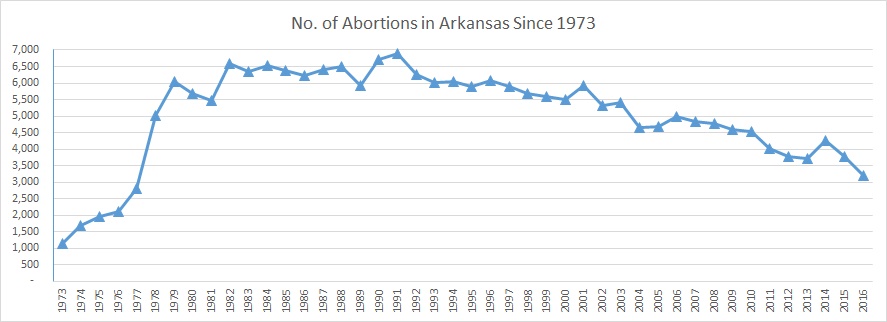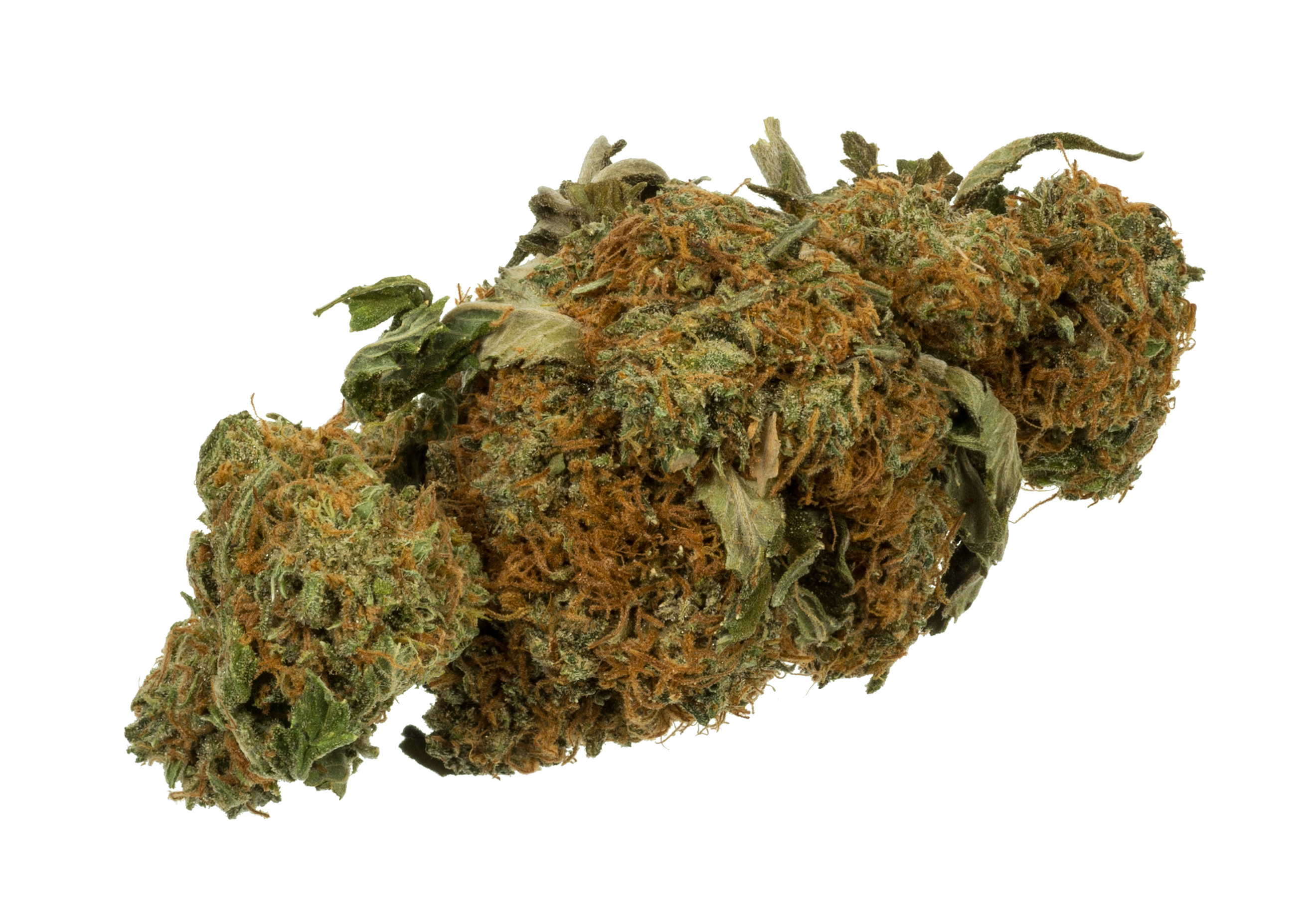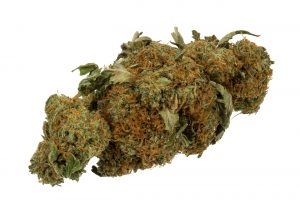
FOR IMMEDIATE RELEASE
Friday, June 2, 2017
Little Rock – This week the Arkansas Department of Health released its annual report regarding the number of
abortions performed in Arkansas.
Family Council President Jerry Cox issued a statement saying, “This report shows a lot of good news. The number of abortions in Arkansas fell by more than five hundred last year. Overall, the number has dropped by more than one thousand since 2014, and it has been cut in half since the early 1990’s.”
Cox credited a series of pro-life laws passed in recent years with much of the decline in abortion. “In 2015 Arkansas passed one of the best informed-consent laws in the nation. It ensures women are given all the facts about abortion up front, including information about abortion’s risks, consequences, and alternatives. According to these reports, nearly five hundred women chose not to have abortions after being given this information.”
The report also indicated Arkansas did not export quite as many abortions to other states last year as in previous years. “Abortion proponents should celebrate these numbers as well,” Cox said. “They have maintained for over forty years that abortion ought to be safe, legal, and rare. The fact that abortion is becoming increasingly rare in Arkansas is something everybody ought to celebrate.”
Cox said Family Council will continue working to end abortion in Arkansas. “While we are glad the number of abortions continues to fall, it’s important to remember that the vast majority of these abortions were performed on healthy women carrying healthy babies. Abortion is a tragedy. We intend to continue working to end abortions in Arkansas.”
Family Council is a conservative education and research organization based in Little Rock, Arkansas.
###
READ MORE
 Recently we wrote about a family farm in Michigan barred from the local farmer’s market because the farmers declined to host a same-sex wedding on their property.
Recently we wrote about a family farm in Michigan barred from the local farmer’s market because the farmers declined to host a same-sex wedding on their property.


 A Rhode Island toddler nearly died from overdosing on “medical” marijuana edibles last week,
A Rhode Island toddler nearly died from overdosing on “medical” marijuana edibles last week, 